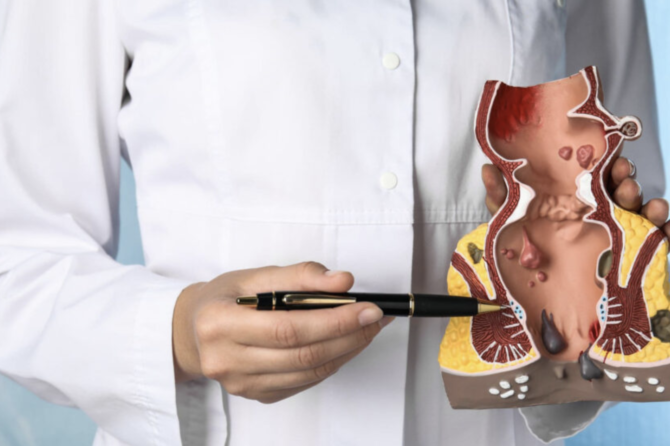
Why Does an Anal Fistula Occur?
An anal fistula occurs when the glands in the anal area become inflamed, and this inflammation eventually creates a channel that opens to the skin surface. One of the most common causes is a previous anal abscess. If the abscess drains on its own or is inadequately treated, a permanent channel—known as a fistula—can form in that area.
Additionally, chronic inflammatory bowel diseases such as Crohn’s disease, postpartum trauma, surgical interventions, tuberculosis, and immune system disorders can also pave the way for the formation of an anal fistula. Neglected anal conditions can turn into fistulas over time.
What Are the Symptoms of an Anal Fistula?
An anal fistula typically presents with discharge, itching, and occasional pain. Common symptoms include foul-smelling purulent discharge around the anus, stains that soil underwear, swelling or tenderness in the area. In advanced cases, these symptoms may be accompanied by fever and fatigue.
If you are experiencing these complaints, it is recommended that you be evaluated by a proctology specialist without delay.
What Helps with an Anal Fistula?
A permanent solution for an anal fistula is usually only possible with medical intervention. However, some steps can be taken to support the treatment process. Warm sitz baths, maintaining hygiene in the area, avoiding tight clothing, and drinking plenty of water can be beneficial.
However, these measures only provide temporary relief. For permanent healing, the most appropriate method is the one determined by a specialist. Non-surgical options such as laser treatment for anal fistula are also available.
Can an Anal Fistula Heal on Its Own?
No. An anal fistula does not heal on its own. As long as it is not treated, the fistula tract continues to produce infection and can develop into a more complex structure over time. This both complicates the treatment process and increases the risk of recurrence.
To prevent the formation of a fistula and achieve a permanent solution, early intervention is essential.
Can a Fistula Be Treated Without Surgery?
Yes, nowadays there are non-surgical options for treating anal fistula. One of the most preferred methods is laser treatment. With this method, the fistula tract is sealed from the inside using laser, and patients can usually be discharged the same day.
The biggest advantages of laser treatment are that it requires no incisions or stitches, the healing time is short, and return to daily life is rapid. This method is successfully applied at Avrupa Cerrahi.
Which Department Treats Anal Fistula and When Should You Go?
For the diagnosis and treatment of an anal fistula, you should consult the general surgery or proctology departments. Early-stage evaluation of symptoms makes the treatment process easier.
Leave a reply
Leave a reply